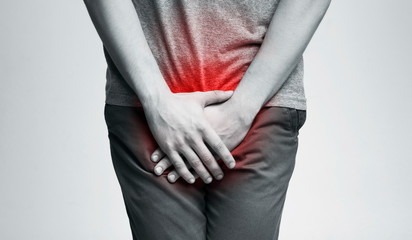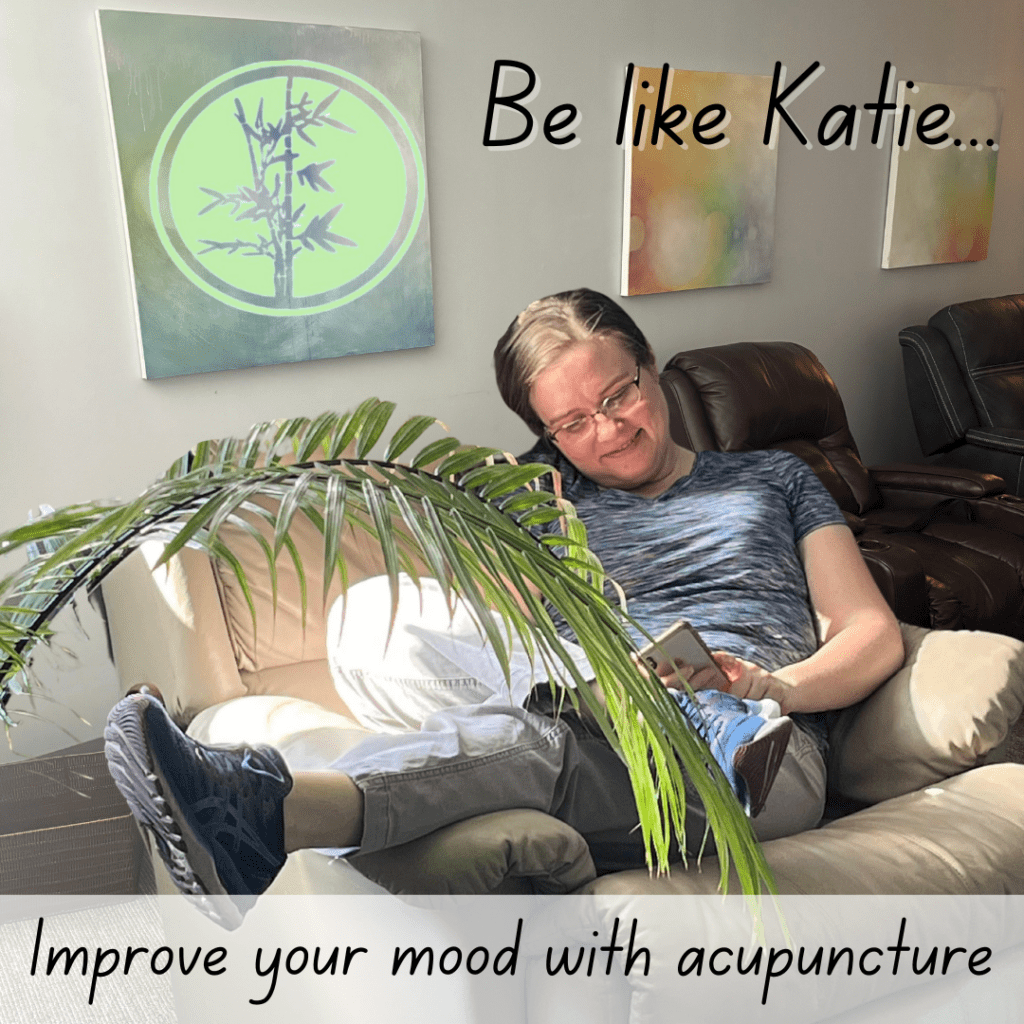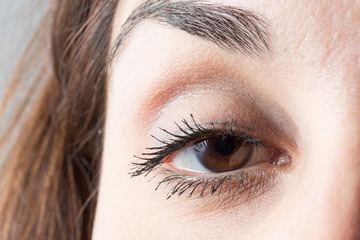 Urinary incontinence (UI), the involuntary loss of bladder control, is a common condition that affects millions of people worldwide. It can range from mild leaking to uncontrollable wetting and significantly impact an individual’s quality of life, leading to embarrassment, social isolation, and emotional distress. Conventional treatments include behavioral therapies, medications, pelvic floor exercises, and, in severe cases, surgery. However, an increasing number of people are turning to alternative therapies, such as electroacupuncture, to manage their symptoms. Emerging evidence suggests that electroacupuncture may offer a promising option for those struggling with urinary incontinence.
Urinary incontinence (UI), the involuntary loss of bladder control, is a common condition that affects millions of people worldwide. It can range from mild leaking to uncontrollable wetting and significantly impact an individual’s quality of life, leading to embarrassment, social isolation, and emotional distress. Conventional treatments include behavioral therapies, medications, pelvic floor exercises, and, in severe cases, surgery. However, an increasing number of people are turning to alternative therapies, such as electroacupuncture, to manage their symptoms. Emerging evidence suggests that electroacupuncture may offer a promising option for those struggling with urinary incontinence.
Understanding Electroacupuncture
Electroacupuncture is a modern adaptation of traditional acupuncture, a therapy rooted in ancient Chinese medicine. It involves the insertion of fine needles into specific acupuncture points on the body, which are then stimulated with a mild electrical current. This electrical stimulation is thought to enhance the effects of traditional acupuncture by more effectively stimulating nerves, muscles, and tissues, providing targeted therapeutic benefits. Unlike conventional acupuncture, where the needles are manually manipulated, electroacupuncture delivers continuous and consistent stimulation, potentially yielding more substantial results.
Types of Urinary Incontinence
There are several types of urinary incontinence, and electroacupuncture may offer benefits across various forms:
- Stress Incontinence: Leakage occurs during physical activities that put pressure on the bladder, such as coughing, sneezing, or exercising.
- Urge Incontinence: Also known as overactive bladder, this is characterized by a sudden, intense urge to urinate, often resulting in involuntary leakage.
- Mixed Incontinence: A combination of both stress and urge incontinence.
- Overflow Incontinence: Occurs when the bladder does not empty completely, leading to frequent dribbling of urine.
Electroacupuncture may be particularly beneficial for stress and urge incontinence, as it focuses on modulating nerve activity and strengthening the muscles involved in bladder control.
How Electroacupuncture May Help with Urinary Incontinence
The effectiveness of electroacupuncture in treating urinary incontinence is thought to be linked to several physiological mechanisms:
- Regulation of Bladder Function: Electroacupuncture can stimulate the sacral nerves, which play a crucial role in bladder control. By modulating nerve signals, electroacupuncture may help regulate the detrusor muscle of the bladder, reducing involuntary contractions that cause urge incontinence.
- Strengthening Pelvic Floor Muscles: By targeting acupuncture points associated with the pelvic region, electroacupuncture may help strengthen the pelvic floor muscles. This can be particularly beneficial for stress incontinence, where weak pelvic floor muscles fail to prevent urine leakage during physical exertion.
- Balancing Neurotransmitters: Electroacupuncture is believed to influence the release of neurotransmitters such as serotonin and acetylcholine, which are involved in bladder function and muscle control. This balance can help reduce the frequency and urgency of urination.
- Reducing Inflammation and Overactivity: Some studies suggest that electroacupuncture can reduce inflammation and calm overactive nerves that may contribute to symptoms of overactive bladder and urge incontinence.
Evidence Supporting Electroacupuncture for Urinary Incontinence
Research exploring the effectiveness of electroacupuncture for urinary incontinence has shown promising results:
- Randomized Controlled Trials (RCTs): A 2018 RCT published in The Journal of Urology demonstrated that electroacupuncture significantly reduced the frequency of urinary leakage in women with stress urinary incontinence compared to a control group receiving sham acupuncture. The study highlighted improvements in pelvic floor muscle strength and overall bladder control.
- Systematic Reviews: A 2020 systematic review published in BMC Complementary Medicine and Therapies analyzed multiple studies on acupuncture and electroacupuncture for urinary incontinence. The review concluded that electroacupuncture shows potential in reducing symptoms of both stress and urge incontinence, with higher efficacy noted when combined with pelvic floor muscle training.
- Long-Term Follow-Up Studies: Research has also indicated that the benefits of electroacupuncture may be long-lasting. A study in Neurourology and Urodynamics found that patients who underwent electroacupuncture treatments maintained improvements in bladder control and quality of life for up to six months after treatment.
Safety and Considerations
Electroacupuncture is generally considered safe when performed by a qualified practitioner. However, there are certain precautions to consider:
- Medical Conditions: Individuals with pacemakers or other electrical implants, as well as those with epilepsy, should avoid electroacupuncture due to the electrical currents used.
- Potential Side Effects: Mild side effects such as bruising, slight bleeding, or discomfort at needle insertion sites can occur but are generally temporary.
- Professional Guidance: Always consult with a healthcare provider before starting any new therapy, particularly for conditions like urinary incontinence that may have multiple underlying causes.
Integrating Electroacupuncture into a Holistic Treatment Plan
For individuals considering electroacupuncture for urinary incontinence, it is essential to integrate this therapy into a comprehensive treatment plan. Combining electroacupuncture with conventional treatments such as pelvic floor exercises, bladder training, medications, and lifestyle changes can provide a more well-rounded approach to managing symptoms.
Electroacupuncture is emerging as a promising alternative therapy for managing urinary incontinence, particularly for stress and urge types.
By modulating nerve activity, strengthening pelvic floor muscles, and balancing neurotransmitters, electroacupuncture may help reduce symptoms and improve quality of life for those affected by this challenging condition. While more research is needed to fully understand its efficacy and mechanisms, current evidence suggests that electroacupuncture could be a valuable addition to the range of treatment options available for urinary incontinence. As always, a personalized approach in consultation with healthcare professionals is crucial for the best outcomes.
 Winter can be emotionally challenging.
Winter can be emotionally challenging.
 10% OFF Urban Acupuncture Gift Cards in any Amount you Choose–Now through December 24th!
10% OFF Urban Acupuncture Gift Cards in any Amount you Choose–Now through December 24th! Bell’s palsy is a sudden, unexplained episode of facial muscle weakness or paralysis that typically occurs on one side of the face. The condition is believed to result from inflammation or compression of the facial nerve (cranial nerve VII), which controls facial expressions. While most people with Bell’s palsy recover fully within three to six months, some experience lingering symptoms such as facial asymmetry, muscle weakness, or spasms. Conventional treatments include corticosteroids, antiviral medications, and physical therapy. However, electroacupuncture, a modern adaptation of traditional acupuncture, is emerging as a potential complementary therapy for managing Bell’s palsy symptoms and accelerating recovery.
Bell’s palsy is a sudden, unexplained episode of facial muscle weakness or paralysis that typically occurs on one side of the face. The condition is believed to result from inflammation or compression of the facial nerve (cranial nerve VII), which controls facial expressions. While most people with Bell’s palsy recover fully within three to six months, some experience lingering symptoms such as facial asymmetry, muscle weakness, or spasms. Conventional treatments include corticosteroids, antiviral medications, and physical therapy. However, electroacupuncture, a modern adaptation of traditional acupuncture, is emerging as a potential complementary therapy for managing Bell’s palsy symptoms and accelerating recovery. If you haven’t tried reflexology, it is a therapeutic technique which involves applying pressure to specific points on the feet, hand, or ears that correspond to organ systems. Similar to acupuncture, pressure on certain points can stimulate a positive response in the body. Its benefits are numerous and include:
If you haven’t tried reflexology, it is a therapeutic technique which involves applying pressure to specific points on the feet, hand, or ears that correspond to organ systems. Similar to acupuncture, pressure on certain points can stimulate a positive response in the body. Its benefits are numerous and include: Urinary incontinence (UI), the involuntary loss of bladder control, is a common condition that affects millions of people worldwide. It can range from mild leaking to uncontrollable wetting and significantly impact an individual’s quality of life, leading to embarrassment, social isolation, and emotional distress. Conventional treatments include behavioral therapies, medications, pelvic floor exercises, and, in severe cases, surgery. However, an increasing number of people are turning to alternative therapies, such as electroacupuncture, to manage their symptoms. Emerging evidence suggests that electroacupuncture may offer a promising option for those struggling with urinary incontinence.
Urinary incontinence (UI), the involuntary loss of bladder control, is a common condition that affects millions of people worldwide. It can range from mild leaking to uncontrollable wetting and significantly impact an individual’s quality of life, leading to embarrassment, social isolation, and emotional distress. Conventional treatments include behavioral therapies, medications, pelvic floor exercises, and, in severe cases, surgery. However, an increasing number of people are turning to alternative therapies, such as electroacupuncture, to manage their symptoms. Emerging evidence suggests that electroacupuncture may offer a promising option for those struggling with urinary incontinence.